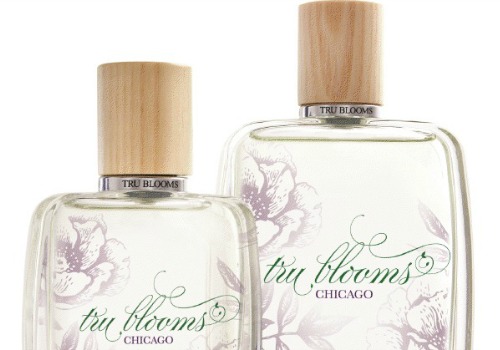Send your question to Umbra!
Q. Dear Umbra,
I have some 11,000 emails sitting in my inbox and about the same number of sent emails. Would it be better to delete some? I’m thinking of them all sitting on a server somewhere — but perhaps their electronic cost is negligible? Related: What happens to people’s email accounts when they die?
Catherine H.
Mamaroneck, N.Y.
A. Dearest Catherine,
I hope you’re doing OK there in Mamaroneck. This question of data storage is an important one for our information-addicted age, but it takes a back seat to superstorms any day of the week.
Your emails are not going to destroy the world. But they do have some impact when combined with all the data the rest of us are obsessively e-hoarding. Think of it: Every minute, we upload 60 hours of video to YouTube. Every day, we send 294 billion emails. In 2011, we created or replicated 1.8 zettabytes of data — enough to fill 57.5 billion iPads — and that number is expected to double every two years. So it’s no wonder our inboxes overflow and our brains feel like exploding.
Where do your emails live? Either in an “on-premise system,” which is basically a fancy term for servers at a workplace, or in the cloud. This, despite its name, is not a fluffy, pleasant place. In fact, it is a network-based system powered by thousands of gigantic server-filled warehouses owned by companies like Google (here’s a tour of one of theirs), Apple, Yahoo!, Microsoft, and Verizon.
These companies don’t mind making a home for all your stuff — Google boasts that Gmail users can “go for years without deleting a single message”– but the warehouses are major energy-suckers. In a New York Times piece that everyone should read, we learn that data centers use more power than a medium-sized town, waste as much as 90 percent of that energy, and are frequently cited for clean-air violations. By 2020, the data-center industry could emit more greenhouse gases than the airline industry. Cloudy with a chance of uh-oh.
Your email is just a blip in that world. But if you’re intent on making it an even tinier blip, you could be more thoughtful about attachments. As this Mother Jones piece explains, videos, photos, and other large files are the data demons that really add up, gobbling valuable space on servers and on your computer. Your sent folder is an especially unnecessary spot for such things to linger. So you could strip them out, adjust your settings so you don’t keep copies of attachments sent, and point people to files stored in a central place (like Dropbox or Flickr) instead of sending copies to all and sundry. But do try to keep things in perspective: That article also compares the energy costs of attachments to the impacts of boiling tea. This is a sure sign that we are over-fretting.
Grist’s tech team, when pressed by a certain columnist, agreed that you don’t have to worry. “Only 20,000 emails? That’s not a lot of data, [especially if] it’s just sitting in magnetic storage,” said Nathan. His comrade Ben replied, “I agree … an inbox with zero messages isn’t really greener than an inbox with 20,000 messages. To be greener tech-wise, the person might consider using a laptop instead of a desktop.” He’s right — choose a laptop, use a power strip, or turn the computer off and go outside.
As to your last question: If you do plan to die at some point, you should take steps now for dealing with your e-legacy. Since I think you were actually wondering if every dead person’s emails are hanging out on servers somewhere, I believe the answer is no; email providers vary in their policies, but as far as I can tell, after a lengthy period of inactivity the data are deleted. (Your tweets, on the other hand, will live forever thanks to the Twitter archive at the Library of Congress.)
Ultimately, I think you can rest easy from an energy standpoint. But what about inner peace? I know it’s becoming more common for people to keep every missive they receive, but when I hear 20,000 emails, I feel stress. In fact, I’ve just spent some time cleaning out my own inbox, and it’s as if a weight has been lifted. To heave out those messages that you thought were so important seven months ago or seven years ago, and organize what remains, is a glorious feeling. There’s even a national Clean Out Your Inbox Week each January. Mark your calendar!
Zettaly,
Umbra





